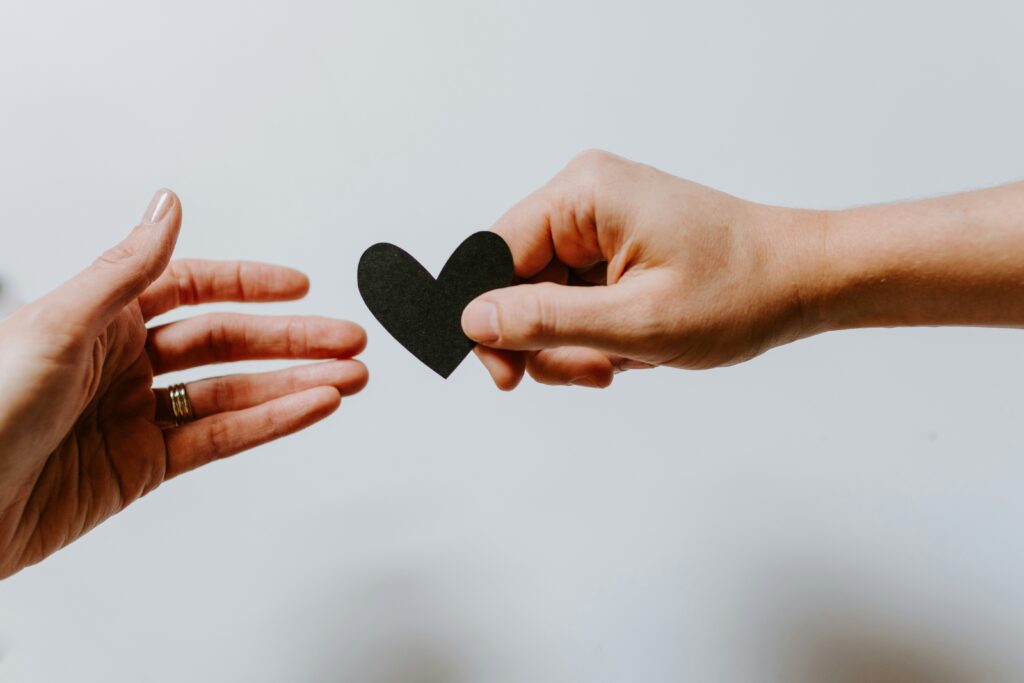CW: Trauma, Abuse, Sexual Violence
April is Sexual Assault Awareness Month. This month, and every month, we honor the strength and resilience of survivors. Every story matters, and every step towards healing deserves our unwavering support.
Eating Disorders and Sexual Assault
Research has shown that sexual trauma tends to have a direct effect on an individual’s view of their body, leading to body image disturbances and an increased prevalence of eating disorders (Mitchell et al., 2012).
While not all individuals who experience sexual assault will develop an eating disorder, there are significant correlations between the two. Survivors may develop eating disorders due to a variety of factors.
Coping Mechanism
Eating disorder behaviors, specifically binge eating and/or purging, may be used to help manage, numb, and/or avoid the uncomfortable emotions and hyperarousal symptoms associated with the trauma (Brewerton, 2007).
Control and Power Dynamics
Sexual assault often involves a profound loss of control and power over one’s body and boundaries. Engaging in disordered eating behaviors can be a way for survivors to try to reclaim a sense of control in their lives.
Body Image Distortion
Sexual assault can often distort an individual’s perception of their body, leading to body image dissatisfaction, self-loathing, and feelings of shame towards one’s body.
Trauma Response
Sexual assault is a traumatic experience that can result in a range of psychological symptoms, including depression, anxiety, post-traumatic stress disorder (PTSD), dissociation, and self-harm. Disordered eating behaviors may emerge as a way to cope with the psychological distress, providing a temporary escape from painful memories or emotions associated with the trauma.
Self-Blame and Shame
Survivors may grapple with intense feelings of self-blame, shame, and worthlessness. Developing an eating disorder may be a manifestation of these negative self-perceptions.

Help and support are available.
If you or someone you know is a survivor of sexual assault, you are not alone.
RAINN | National Sexual Assault Helpline
- Call: 800-656-4673
- Visit: rainn.org
National Sexual Violence Resource Center
- Visit: nsvrc.org
National Domestic Violence Hotline
- Call: 800-799-7233
- Visit: thehotline.org
- Visit: joyfulheartfoundation.org
The National Alliance for Eating Disorders provides a free therapist-staffed helpline and interactive online referral database, as well as many free, weekly, therapist-led (virtual and in-person) support groups.
- Call: 866.662.1235
- Text: ALLIANCE to 741-741
- Email: info@allianceforeatingdisorders.com
